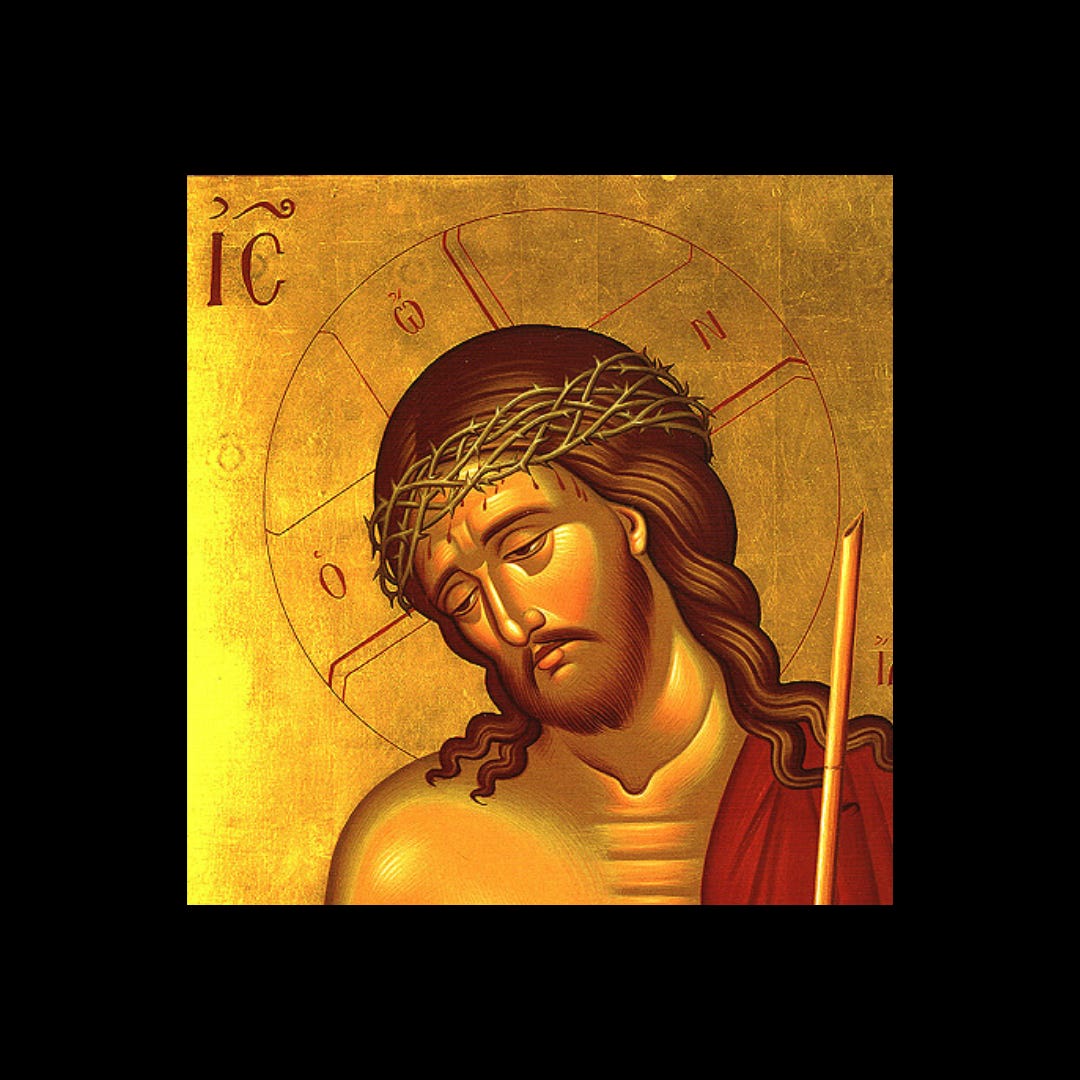In Ecclesiastes, the second of King Solomon's books of wisdom, we meet the Teacher. If Lady Wisdom shows us what we can do in life to prosper, the Teacher shows us what cannot be helped. Between the two of them, we see the two sides of wisdom: one focused on acquiring what is good, the other on acknowledging the suffering of life.
Among his lessons, the Teacher highlights three realities that all of mankind must face: time, death, and chance.
Time is relentless. Every man in every age—regardless of how remarkable his influence on the world during his life—will ultimately be swallowed up by time. Decades, centuries, millennia bury whole civilizations, and ours is no different. Someday, every object of our memory will waste away, our digital footprints deleted, until nothing of us remains.
Everyone will die. Regardless of one's goodness or folly, wisdom or ignorance, godliness or hatred of God—death always comes. Death snatches up vitality and leaves behind an inanimate shell, health and vigor and soul taken to some other place.
Then comes chance. With chance, the rules of cause and effect are made null.
“The race is not to the swift,
Nor the battle to the strong,
Nor bread to the wise,
Nor riches to men of understanding,
Nor favor to men of skill;
But time and chance happen to them all.”
The tragedies of life are often delivered by a blind messenger. Illness visits the poor. Cautious men go bankrupt. Children die.
Tragedy exists in heaps, and no man can evade her grasp. Here is the wisdom of Ecclesiastes: these sorrows, all men must bear.
The Teacher’s refrain of all things being “vanity” or “vapor” holds some veiled hope: if this world dissolves like a frosted breath leaving the body, perhaps it will give way to something more solid.




